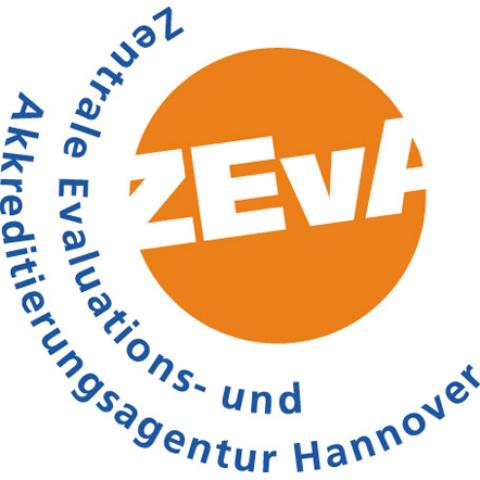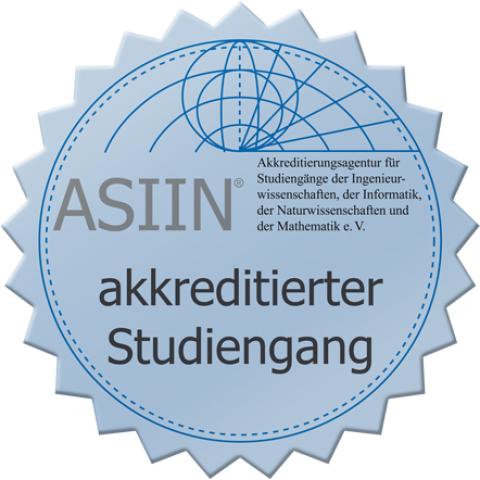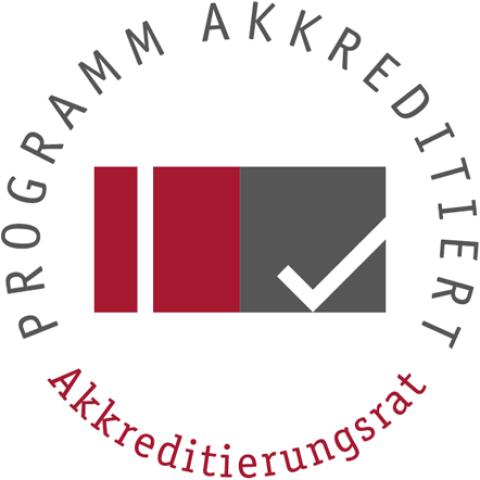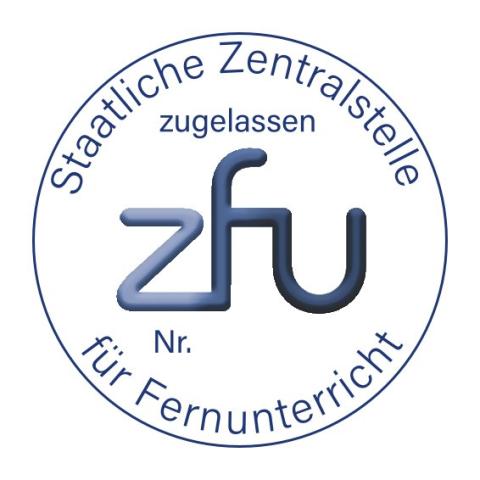Interdisciplinary study programme
that includes engineering, business science, digitalization and sustainability
Putting theory into practice
through numerous projects and case studies
Completely in English
and according to the latest industry requirements
Programme details
The Master's programme is aimed at engineers from a wide range of disciplines as well as designers who are enthusiastic about materials, locomotion and lightweight construction. In addition, you will apply the knowledge you have acquired during your studies to practical, "real-life" projects.
As a graduate of the New Mobility degree programme, you will be involved in the development of mobility solutions and will be able to use your knowledge to understand mobility concepts and evaluate them.
The Master's programme lasts four semesters, in which you deepen your knowledge in digitalization, innovation and sustainability as well as ethical and legal issues in an international and intercultural context.
You will gain practical knowledge through numerous projects and case studies each semester. In preparation for the job market, you will not only acquire the needed theoretical knowledge in the field of modern drive concepts. You will also acquire important skills to help you apply this knowledge to practice and learn how to use relevant tools.
Study content
- Basic and advanced knowledge in engineering, management, digitalization and sustainability
- Specialization in mobility, such as vehicle categories, modern drive concepts and electromobility
- Infrastructure issues related to transport and road networks
- Change Management and Leadership
- Design for mobility concepts
- Practice project
- Master's thesis
Career prospects
With the focus on New Mobility, graduates are able to develop leadership skills at a higher management level. They will be involved in the development of mobility solutions as well as planning and strategically oriented decision-making.
About PFH university
PFH Private University of Applied Sciences was recognised by the Lower Saxony Ministry of Science and Culture in 1995, which means that it is Lower Saxony's oldest private, state-recognised university. In 2007, PFH received institutional accreditation from the Central Evaluation and Accreditation Agency (ZEvA). Through its Board of Trustees and its more than 500 partner companies, the university has excellent links to business throughout Germany, which gives students ample internship opportunities.
Receive more information







